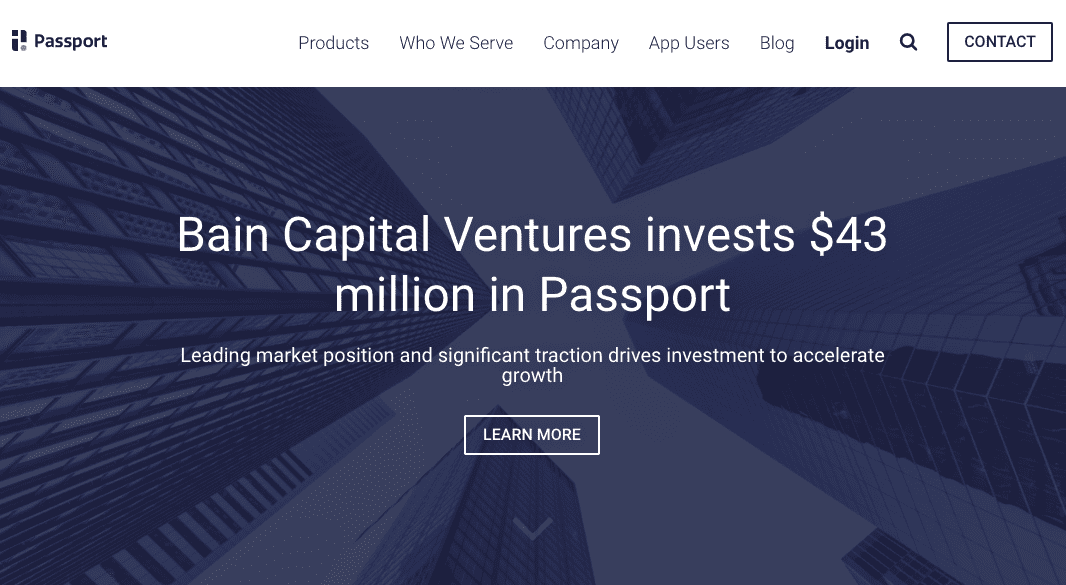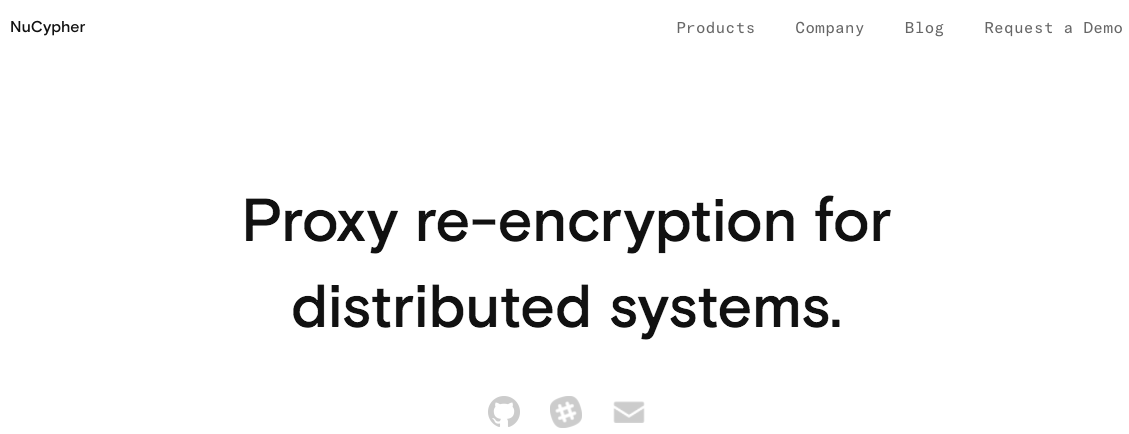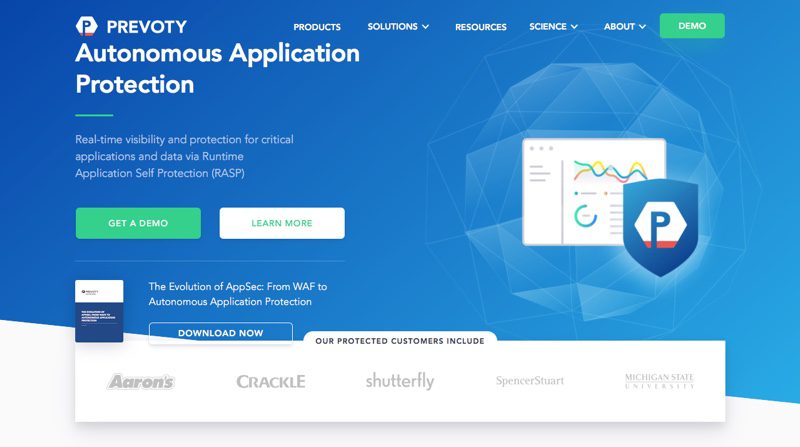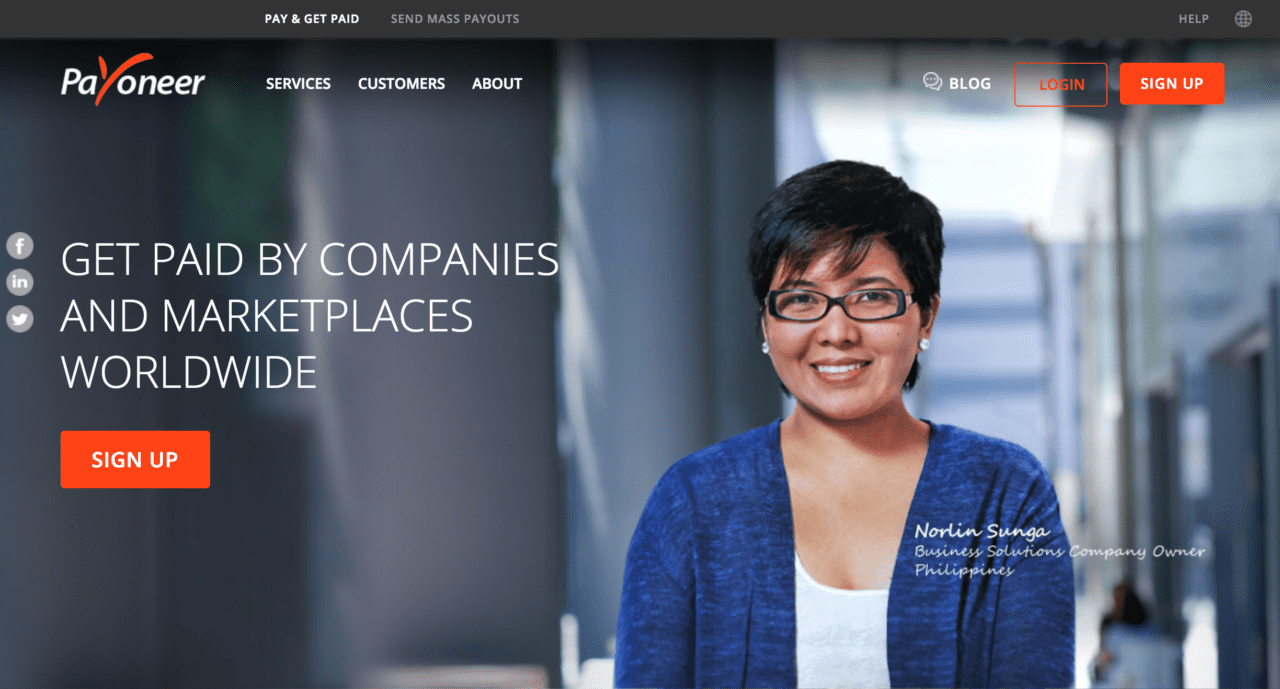
Here’s a little-known fact about wealth tech player Wealthfront— the company debuted as KaChing in 2009, then changed its name and relaunched in 2011 as Wealthfront. Another fact about Wealthfront– the California-based company raised $75 million this week.
The financing was led by Tiger Global Management with participation from existing investors Benchmark Capital, DAG Ventures, Greylock Partners, Index Ventures, Ribbit Capital, Social Capital, and Spark Capital. Wealthfront’s total funding now sits at $205 million. While the company has not disclosed its valuation, CB Insights valued it at $700 million in 2014.
In a blog post, Wealthfront founder and CEO Andy Rachleff said that the company will use the financing to help “pursue an even more aggressive push into software-based financial planning and financial services.” He added, “It will also allow us to accelerate our investment in our brokerage infrastructure which should enable us to build and launch new services even more quickly than the accelerated rate at which we did in 2017.”
Among Wealthfront’s new, 2017 offerings was Path, an automated financial planning solution. Path offers an interactive experience that allows users to explore different scenarios that may help them reach their goals. For example, users can input different decisions about their plans for their home once they retire– opting to stay put, downsize, or move to a more expensive home. “We started with retirement planning,” said Rachleff, “because there really aren’t any great options to forecast your financial future outside of basic ‘retirement calculators’ that require a lot of guesswork.”
Similar to Betterment and Personal Capital, Wealthfront offers an automated investment approach. However, the company differentiates itself in a couple of key ways. First, Wealthfront does not offer a hybrid wealth management product– that is, the company does not sell a tiered offering with access to certified financial advisors. Personal Capital has always offered this “high-touch” approach, and Betterment augmented its certified financial advisor offerings last summer. Second, Wealthfront has bundled fintech services by launching a Portfolio Line of Credit product– something unique among the top automated investment services.
Wealthfront allows users to invest up to $10,000 for free and currently manages $9.5 billion in assets for users across the U.S. Last June, the company was named in CB Insights’ Fintech 250 list.














